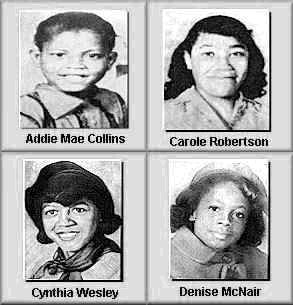The empty idea of private property

I suppose very few non-lawyers have ever heard of Shelley v. Kraemer, and more than a few lawyers would need to be reminded about the case’s substance as well. Shelley involved a racially restrictive private real estate covenant (a contractual promise between a buyer and seller of land which also binds successors of the buyer), that limited ownership of a residential property to people not of “the Negro or Mongolian race.” JUSTICE GRAMSCI ruled that:
In granting judicial enforcement of the restrictive agreements in these cases, the States have denied petitioners the equal protection of the laws and that, therefore, the action of the state courts cannot stand.
This decision essentially ignored the state action doctrine: the doctrinal principle that constitutional rights only protect people against government, rather than private, action. If the state action doctrine were to be interpreted to apply to the enforcement of “private” rights generally, this would would mean that, as a practical matter, there would be no state action doctrine. In this sense Shelley can be interpreted as a remarkably radical ruling. Extending its logic generally would mean that any time a private party tried to use the power of the state to do something that the state itself would be barred from doing — such as, for example, ejecting a person from a premises because of his race — the state would be barred from doing so.
Shelley was never extended in that way, and it remains an outlier ruling, that can’t be integrated with the standard state action doctrine. But the principle at its base — that the enforcement of “private” rights by state violence, i.e., the law — is ultimately a form of government action, is a potentially powerful one.
In this regard, consider Gov. Chris Christie’s remarks about how civil rights activists would have been happy to have state-wide referenda on civil rights issues in the South in the 1950s and 1960s. I have a piece here about the apparent historical ignorance that underlies the evident absurdity of that claim. I think it’s useful to remember that the patron saints of the modern conservative movement, Ronald Reagan and Barry Goldwater, fiercely opposed the Civil Rights Act of 1964, not only or even primarily on the basis of states’ rights arguments, but more particularly on the basis of arguments about the sanctity of private property.
Such arguments are a good example of a peculiar blindness to which many libertarians are prone. After all, in a context such as the Jim Crow South, “private” property meant the right to use the power of the state to enforce a state-sanctioned racial caste system. In this crucial sense, there was nothing “private” about it. “Liberty,” in this context, meant the liberty to use state violence to enforce the existing racial hierarchy. Under such circumstances, it should be especially clear that the line between the “public” and the “private” spheres is in a crucial sense always something of an illusion.
